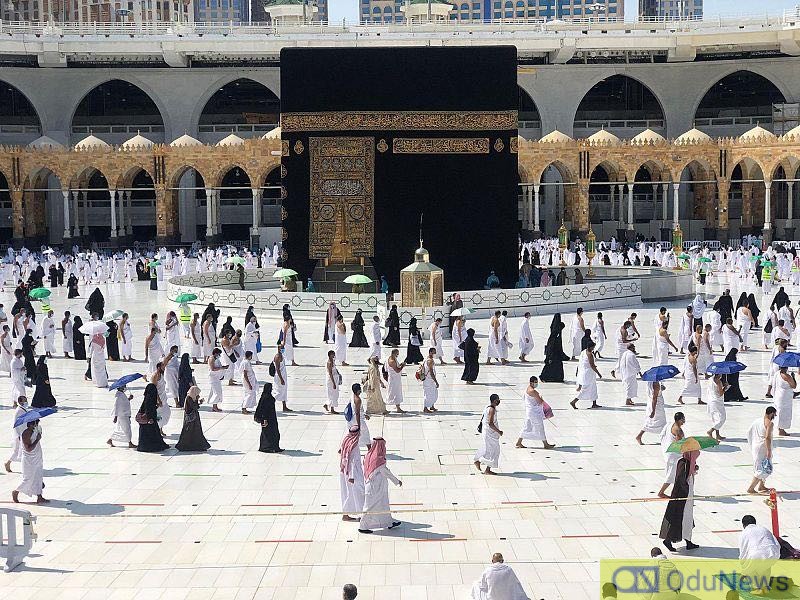Saudi Arabia’s Minister of Health, Fahd Al-Jalajel, has announced that 1,301 deaths were recorded during the recent Hajj season.

Al-Jalajel stated that 83% of these fatalities were among unauthorized pilgrims who undertook the pilgrimage without proper shelter, often walking long distances under the intense sun. He noted that many of the deceased were elderly or had chronic health conditions.
Efforts were made by authorities to raise awareness about the dangers of heat stress and the importance of preventive measures. The minister extended his condolences, saying, “May God forgive and have mercy on the deceased. Our heartfelt condolences go to their families. May God accept their deeds and grant them recompense for their suffering.”
He assured that all reports have been compiled, families notified, and identifications completed, despite initial challenges with personal information. Proper procedures for identification, burial, and issuing death certificates were followed.
The health system managed numerous cases of heat stress during the Hajj season, with some individuals still receiving care. Al-Jalajel also reported that the season concluded successfully without any outbreaks of epidemics or widespread diseases.
Over 465,000 specialized treatment services were provided, including 141,000 services to unauthorized pilgrims. In a media interview, Al-Jalajel expressed confidence in the overall health condition of the pilgrims, despite the high temperatures at the Holy Sites. He praised the rapid response of health authorities and the support of Hajj security forces in managing heat stress.
The Kingdom’s free health services for pilgrims began even before their arrival, with awareness programs at air, sea, and land border crossings. Approximately 1.3 million preventive services, including early detection, vaccinations, and medical care, were delivered upon arrival.
Healthcare services included open-heart surgeries, cardiac catheterization, dialysis, and emergency care, with over 30,000 ambulance services and 95 air ambulance operations ensuring advanced health services. Nearly 6,500 beds and rooms were made available. Heat stress measures included the development of devices for rapid and effective rescue.
The next Hajj season is expected to be the last during the intense summer heat, with a 17-year break from the hotter months beginning afterward.
Nigeria Reports on Heatstroke and Other Medical Incidents
Meanwhile, 17 Nigerian pilgrims suffered from heatstroke, with two fatalities reported. Others received prompt medical attention and recovered. According to Dr. Abubakar Ismaeel, head of the Nigerian Medical Team, 15 deaths were recorded during the pre-Hajj and post-Hajj periods.
Out of these, three deaths occurred in Mashair, while 12 were recorded during the pre-Arafat period. The report was presented at a recent post-Arafat meeting in Makkah.
Dr. Ismaeel also reported six pregnancies, three of which resulted in miscarriages. A total of 14,504 consultations were conducted, including 79 emergency cases. He advised Hajj managers to conduct thorough pre-Hajj medical screenings, recommending certificates of medical fitness for those deemed fit and special arrangements for those found unfit.


Comments are closed.